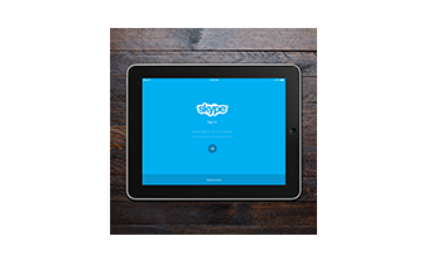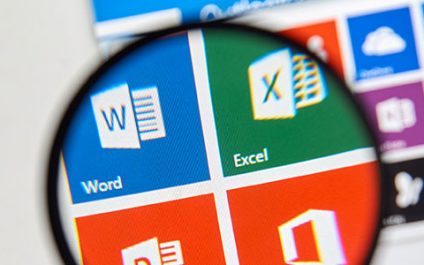Hackers have used Skype to conduct various phone scams; but this month, they have found a new way to exploit the popular video calling app. Ransomware, which has predominantly been distributed via email attachments and URL links, is now being delivered through fake Skype ads.
Blog
Tech tips, news, and expert insights
Did Microsoft commit a security breach?
Benefits of social media policy reviews
Is the government really spying on you?
Understand these 4 types of hackers

Why do hackers attack? Is it for money, notoriety, or political reasons? Many business owners never ask these questions, and instead only think about the means of how a cyber attack takes place. But knowing the motive behind a hacker’s attack can help you understand whether or not you’re a target and what data you need to protect. So let’s take a closer look at 4 different types of hackers and their motives.
Hackers use browsers to get credit card info

Does filling in web forms sap all your browsing energy? Do you find it especially taxing to shop or register online using a mobile device? Google’s Chrome alleviated this dilemma when it introduced the Autofill feature in 2011, which made filling in forms much faster and making credit card purchases online more convenient.
Some ransomware strains are free to decrypt
What are order management systems?
Just Because You’ve Been LUCKY Enough To Avoid A Cyber-Attack Doesn’t Mean You’re Not At Risk

Imagine walking into your office one morning to discover your computer network was breached by a hacker, exposing not only YOUR company’s data, but also all your client records and private communications. Imagine the embarrassment of having to notify your clients and vendors that, because of you, their private and possibly personal information may now be in the hands of cybercriminals.



